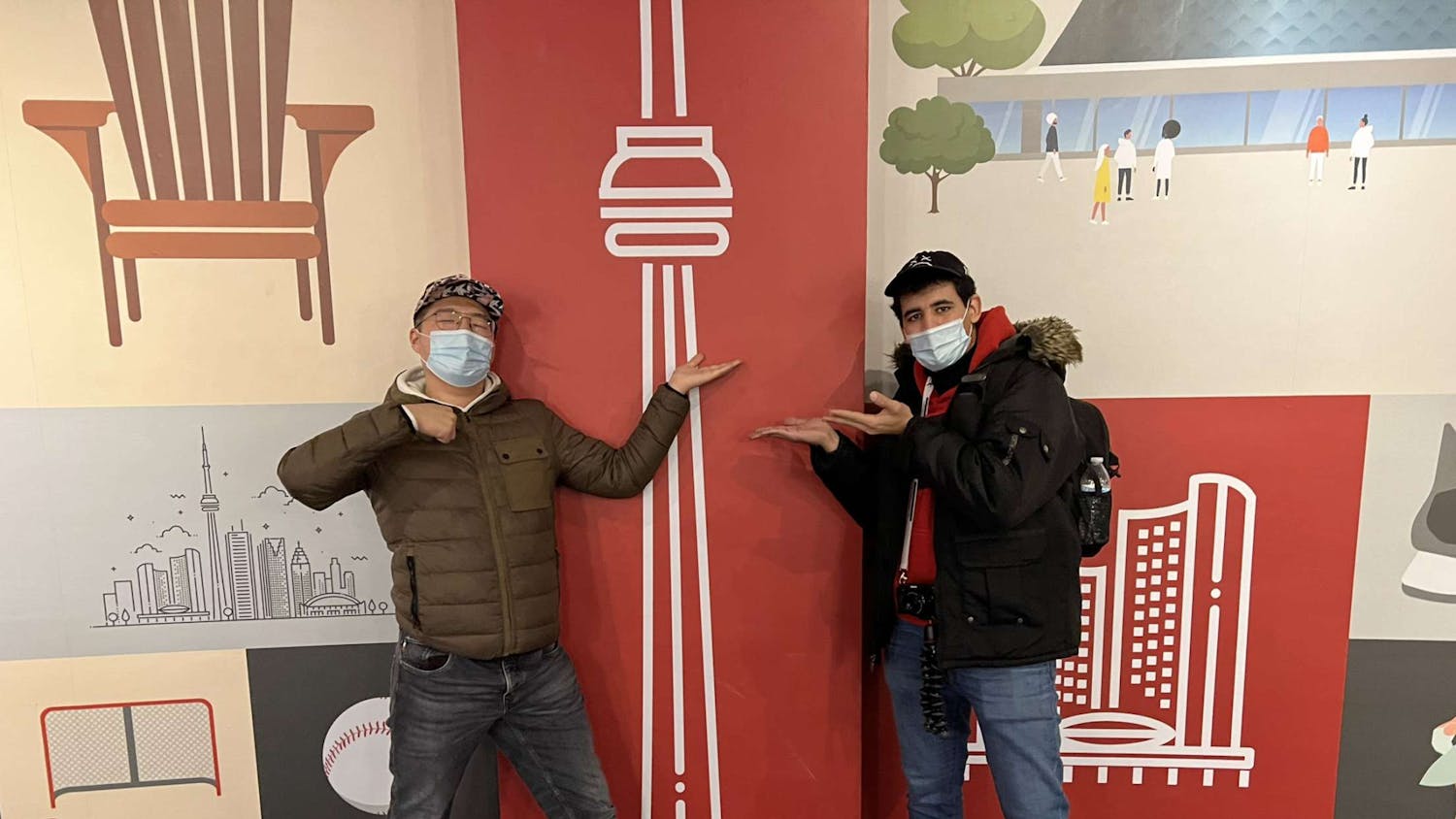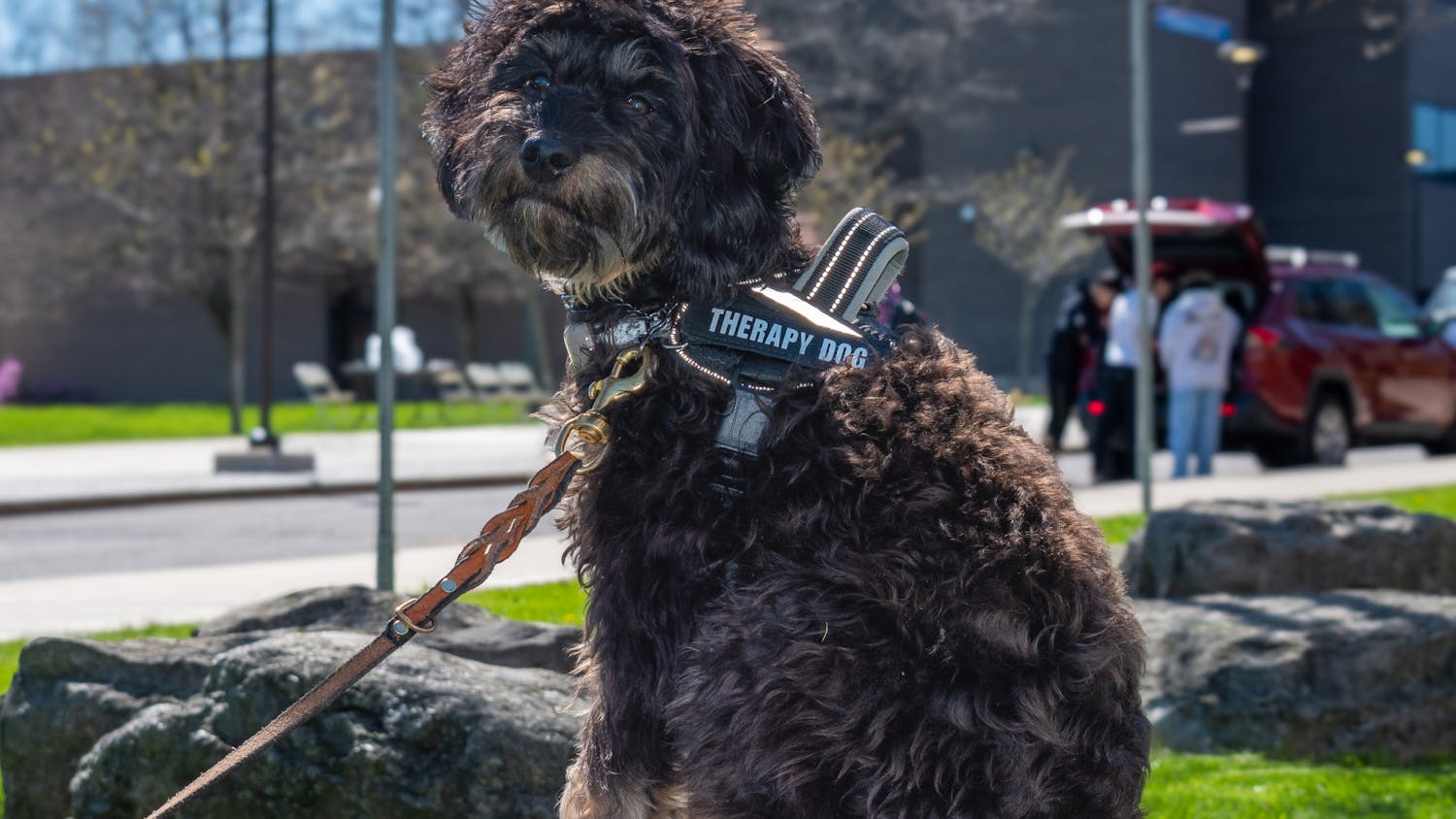This month, many students must submit applications for study abroad scholarships, graduate schools and internships, all of which require letters of recommendation. On Oct. 5, Donald McGuire, director of Humanities Programs and Services, and Danielle Vegas, the assistant administrative director of the Academies, shared advice on getting the best recommendations from faculty members as part of the Sophomore Scoop, an event run by the Academies at UB.
“I was very intimidated about approaching my professors for recommendation letters,” said Erin Piseczny, a sophomore exercise science major. “But now at least I have a working idea of how to go about it.”
McGuire presented a plan for students to begin the process of obtaining good letters of recommendation.
1. Be properly prepared
Robert Northem, a sophomore environmental engineering major, understands the importance of recommendation letters and being prepared. He needed letters when he applied to be an Eagle Scout, to join National Honor Society and to receive the Willie R. Evans Legacy Scholarship. Through his experience with recommendation letters, he developed a plan to get the best recommendation letters possible.
“I’ll start by preparing a nice checklist, visiting professors in their office hours and confidently presenting myself to them,” Northem said.
2. Visit office hours
McGuire said the first step toward a successful college career is visiting professors during their office hours. He advises students to take a professional demeanour to approach the faculty members and connect with them during after class meet-ups or office hours rather than email or telephone.
“Faculty love to talk and talk about themselves,” McGuire said. “Talk casually to them, ask them how they get from A to B, but start punching the clock now, even in small ways.”
3. Find people who can write a good recommendation letter
“Try to ask them up-straight if they can write a good recommendation letter,” McGuire said. “If a professor gives you a horrifying look if you ask them for a recommendation, it’s time to look for someone else.”
4. Talk to the director of undergraduate study within your department
Meeting with a director within your department can help you organize what you may need ahead of time. The director can advise you how to approach each specific recommendation letter and the general application processes.
5. Plan ahead
McGuire and Vegas advise students to foresee when they will need a recommendation letter and plan ahead of time.
“If you plan everything out correctly, the professor will go out of the way to help you out,” Vegas said.
6. Follow up with the professor
Make sure your professor is aware of due dates and the status of your application. McGuire encourages students to share their experiences.
“Tell us what happened,” McGuire said. “We’ll share your success or sympathize with you, whatever the case may be.”
email: features@ubspectrum.com




